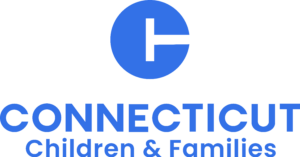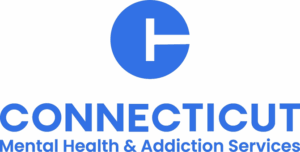
Our Mission
The mission of the Connecticut School-Based Diversion Initiative is to the reduce rate of in-school arrests, expulsions, and out-of-school suspensions. By doing this, SBDI helps keep kids in school, improves student outcomes, and ensures that students receive fair and equitable in-school discipline regardless of mental health, special education needs or demographic characteristics such as race or ethnicity.
About the SBDI Model
Participating Schools
To date, the School-Based Diversion Initiative has been implemented in 82 schools across 29 Connecticut school districts.
Which Schools Have Participated?
Community Partners
SBDI helps schools understand and access existing mental health services and supports in their community to effectively meet the needs of students and their families. Partnerships include (but are not limited to): community-based behavioral health service providers, local law enforcement, youth and family engagement advocates, youth service bureaus, juvenile review boards, and community collaboratives (e.g. systems of care, LISTs).
Learn More About Our Partners
Resources
View our list of resources, including the SBDI toolkit and videos as well as publications and other related information.
Find ResourcesJoin Us
School recruitment for 2026-27 will begin in spring 2026. To learn more, please contact Project Coordinator Elaine Mancini. Contact Us
SBDI Delivers Results
Background
The Connecticut School-Based Diversion Initiative (SBDI) model was co-developed in 2008 by the Child Health and Development Institute (CHDI), the Court Support Services Division (CSSD) of the Judicial Branch, and the Connecticut Department of Children and Families (DCF) with funding from the John D. and Catherine T. MacArthur Foundation. It was piloted in three schools in 2009 and was included as part of Governor Malloy’s Second Chance Society legislation in 2015.
SBDI is state-funded and overseen by the State Department of Education, DCF, CSSD, and the Connecticut Department of Mental Health and Addiction Services. CHDI serves as the SBDI Coordinating Center.







